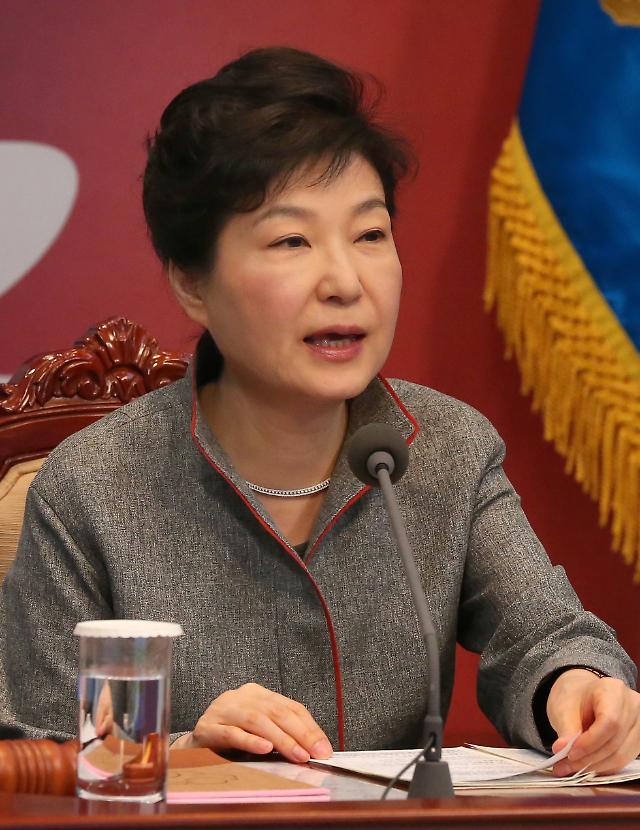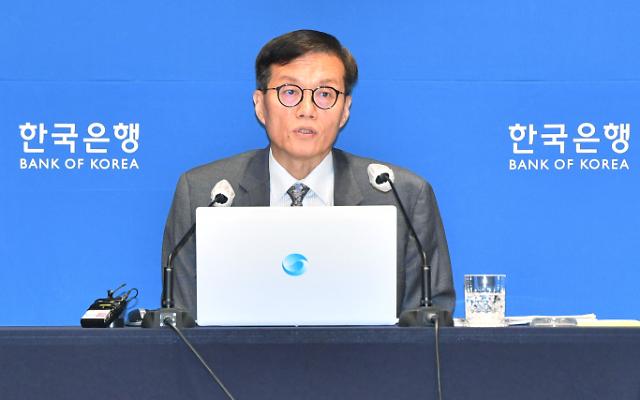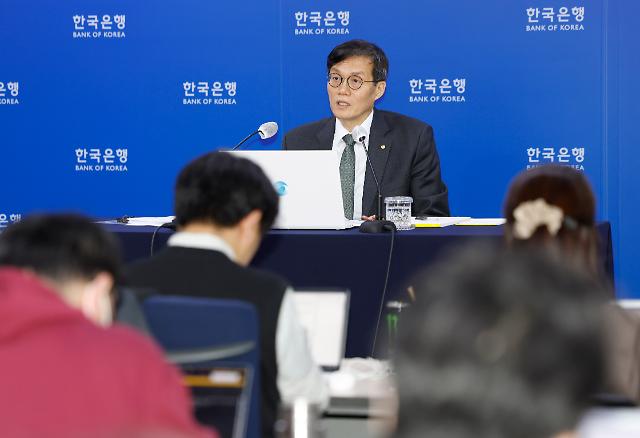[Yonhap News Photo]
South Korean President Park Geun-hye called Thursday for the adoption of a fiscal stimulus package called "quantitative easing" in a selective way to minimize a negative impact on financial markets.
It was seen as a message supporting the idea of allowing the central Bank of Korea (BOK) to purchase bonds issued by state-run policy lenders like the Korea Development Bank which have been exposed heavily to bad loans held by shipbuilders and other ailing companies, which are under pressure to reduce debt.
"Instead of reckless quantitive easing adopted by advanced countries like the United states, Japan, and the EU, we have to positively consider it in a selective way so that money can go where necessary," she said, adding state-run banks should lead corporate restructuring after their capital was expanded.
The ruling Saenuri Party has suggested that South Korea should follow the footsteps of Japan and other countries which have tried to revive their economy by lowering the value of their currencies or through a fiscal stimulus package.
There has been a debate in Seoul over whether to come up with its own version of quantitative easing to revitalize the economy. South Korea has little leverage as Washington has put the foreign exchange policies of Seoul, Beijing, and Tokyo under close watch.
BOK Governor Lee Ju-yeol has said the central bank's current monetary policy was already sufficiently supportive of the economy, ruling out more aggressive monetary easing. He said there is nothing much to do only with a rate cut at a time of lingering market uncertainties, calling for structure reforms together with fiscal and monetary policies to overcome difficulties.
For massive debt restructuring, state-run banks are required to increase capital buffers because their BIS capital adequacy ratios have declined on increasing exposure to bad debt.
But printing extra banknotes to provide more capital to them means that taxpayers should bear a greater financial burden. It also needs a revised law in parliament, which is now controlled by opposition parties, because the central bank is now banned from purchasing securities from state lenders.
Aju News Lim Chang-won = cwlim34@ajunews.com
Copyright ⓒ Aju Press All rights reserved.





